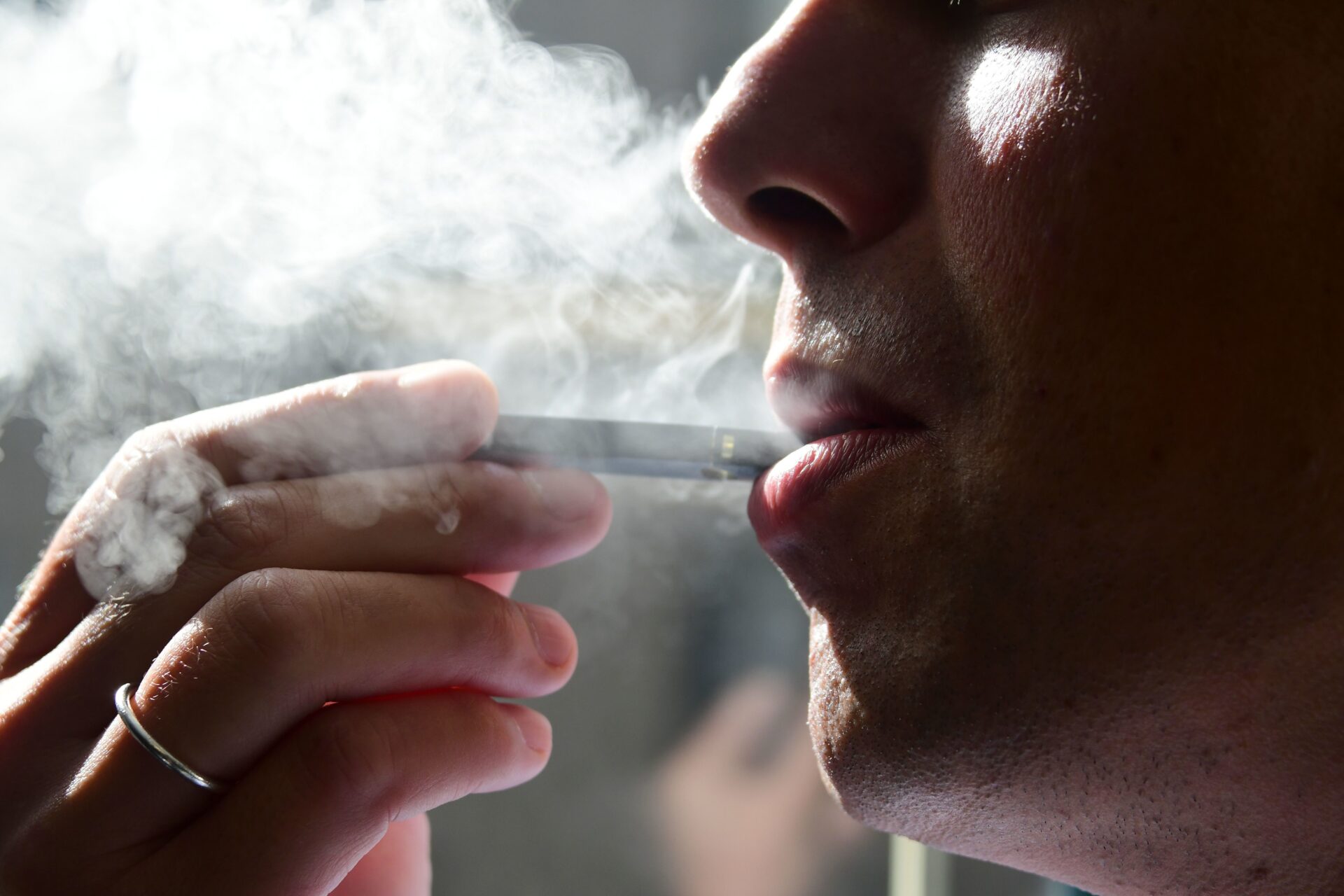The American Cancer Society Cancer Action Network (ACS CAN) is asking lawmakers to support the West Virginia Tobacco Use Prevention and Cessation Task Force’s request for $5 million.
During the still-yet-to-be-confirmed special legislative session in May, ACS CAN is asking legislators to prioritize funding to reduce the toll of tobacco on West Virginians.
Doug Hogan, the government relations director for ACS CAN in West Virginia, said West Virginia is ranked 50th for funding critical programs to reduce tobacco use and has the highest adult smoking rate in the nation.
“Those funds will help prevent our kids from experimenting with, and getting addicted to, those e-cigarette products and will also help adults who want to quit find resources to help them and we’ll be able to avert an enormous amount of healthcare and business costs to West Virginians.
According to Hogan, the West Virginia Tobacco Use Prevention and Cessation Task Force previously requested $16.5 million in funding for those programs with the state currently contributing around $450,000.
“That ranks 50th nationally when compared to all other states,” Hogan said. “So it certainly is not a coincidence that the state spends the lowest in the country on prevention. And in return, West Virginia has the highest rates of usage for our kids, and also for adults…smoking, for example, is estimated to cost West Virginia, about 1.7, or $1.17 billion in direct health care costs, and Medicaid is around $300 million.”
Hogan said the West Virginia Tobacco Use Prevention and Cessation Task Force is asking for $5 million as part of the first step toward the $16.5 million needed.
“We want to be very transparent and be able to show and evaluate the return on that investment,” Hogan said. “Because obviously, we want to do programs and be involved in programs that have a very positive impact.”
Appalachia Health News is a project of West Virginia Public Broadcasting with support from Marshall Health.
